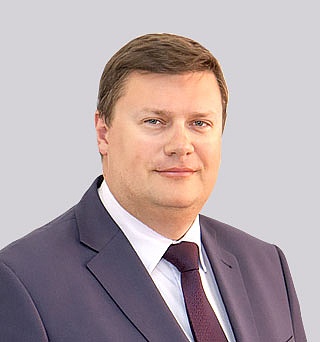Taxing transfers of trademark rights as contributions to charter capital
1 June 2018In April 2018 the Ministry of Finance issued an important clarification regarding the taxation of a foreign parent company's property rights to a trademark as a contribution to the charter capital of its Russian subsidiary. Previously, there had been ambiguity surrounding this issue due to the competing provisions of Chapter 21 of the Tax Code with regard to the procedure for imposing value added tax (VAT) on:
- contributions to a company's charter capital; and
- transactions involving property rights to trademarks.
Under Article 148 of the Tax Code, transactions involving the transfer of exclusive rights to intellectual property, including trademarks, relate to services and are subject to VAT in the service buyer's country of location (in the above situation, Russia). Thus, as a rule, the transfer of a trademark's exclusive rights to a Russian organisation is subject to VAT. Notably, under Article 149 of the Tax Code, the transfer of rights to certain types of intellectual properly is exempt from VAT. However, the rights to trademarks are not included in this preferential list.
At the same time, if such a transfer is carried out as a contribution to the charter capital of a Russian subsidiary, the Ministry of Finance refers to other tax legislation.
VAT applies to, among other things, the sale of goods, works, services and property rights. However, under Article 39 of the Tax Code, if a transfer of property rights is of an investment nature, including a contribution to a company's charter capital, it is not recognised as a realisation. Therefore, as the Ministry of Finance explained in its April 19 2018 letter (03-07-08/26423), such a transfer of exclusive property rights is not subject to VAT.
Further, such a transfer of property rights as a contribution to the charter capital of a subsidiary is not subject to corporate income tax.
Meanwhile, a simple assignment of exclusive property rights from a parent company to a subsidiary (as a contribution to the subsidiary company's property or under a civil law agreement) should be taxed as part of an organisation's income at the rate of 20%.
In view of the above, if it is necessary to enhance a subsidiary Russian company's rights to a trademark, from a tax perspective, it would be preferable to transfer such rights as a contribution to the company's charter capital.










